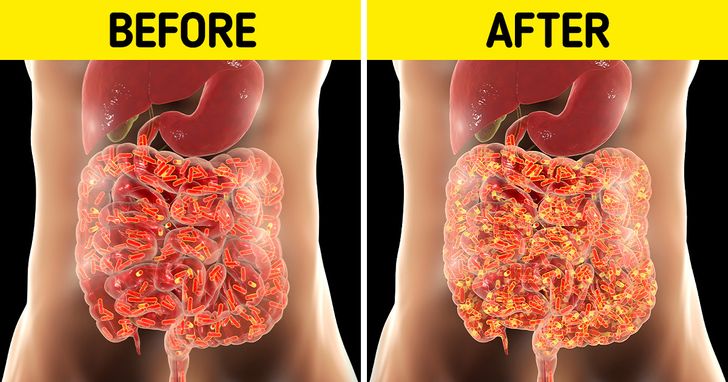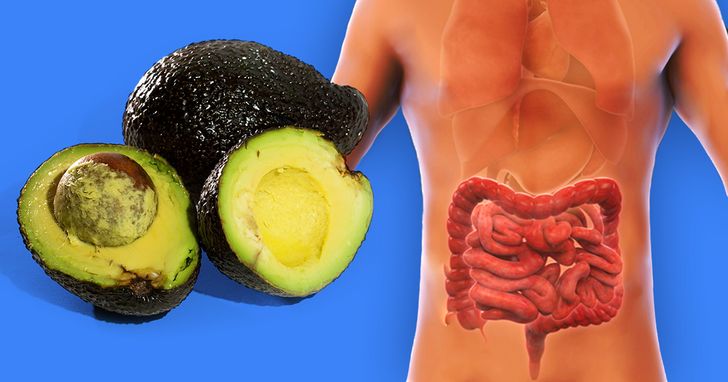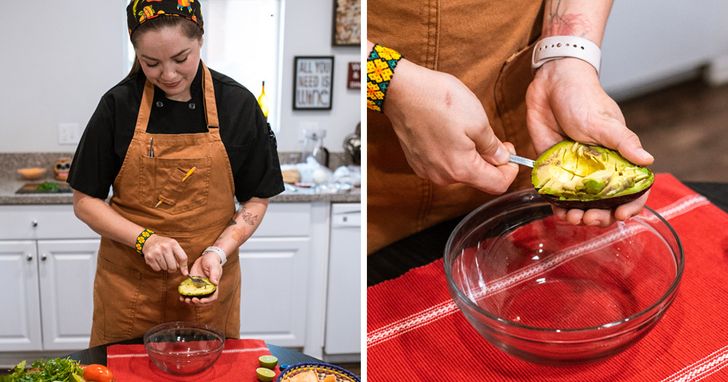Avocado, bacteria, intestines, diseases. At first glance, the connection is subtle. But, in fact, it is a very important health formula. The scientists were able to measure the effect of eating an avocado every day on the gut and the results could cause you to change your diet.
We are ready to talk more about the avocado-gut connection and its influence on your health. Let’s start with the basics.
Our Gut Is A World Of Bacteria

The intestines have the highest amount of bacteria in our body. Also, there can be up to 1000 different types. But don’t be alarmed, most of them are good for us and prevent the growth of germs and infections.
Normally, people have 4 times more beneficial bacteria than harmful. And scientists have found a way to make that number even higher.
A Secret Ingredient
The avocado turned out to be a game changer. New research has found that eating this fruit every day has a positive effect on the gastrointestinal tract.
In addition to increasing the number of beneficial bacteria and improving the intestinal flora, it also reduces bile acids and increases fatty acids and acetate.
What It Means For Our Health

The results showed that the daily use of avocado increases the diversity of the intestinal flora. And that, in turn, boosts immunity and helps prevent many serious diseases, such as cancer, diabetes, and cardiovascular disease. It also helps prevent intestinal irritations and imbalances.
How Much Avocado Is Necessary

You don’t have to eat a whole avocado every day. Women can try 140 g, men can eat a little more – 175 g. Add it to one meal a day.
You must remember that avocado alone does not do wonders for the gut. You need to make sure your diet is balanced and don’t forget to stay active.
How often do you eat avocado? What other healthy gut tips do you know about? You can tell us about them in the comments.
Preview photo credit KATERYNA KON/SCIENCE PHOTO LIBRARY / Science Photo Library / Getty Images









Leave a Reply